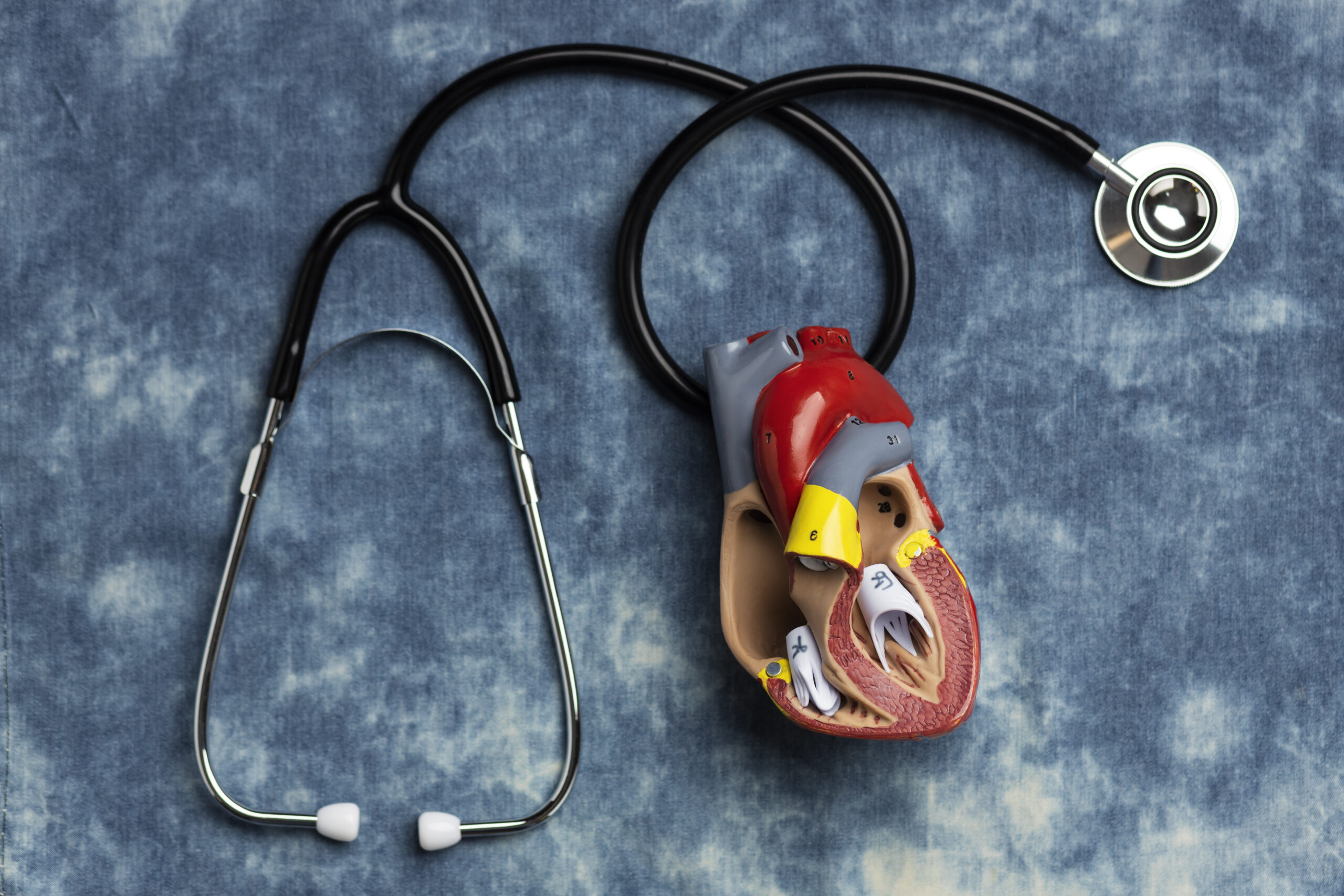Valvular Heart Disease Medical Therapy
Valvular Heart Disease Medical Therapy

Treatment Range Hospital in Hyderabad offers expert medical therapy for valvular heart disease, providing comprehensive care for conditions affecting the mitral, aortic, tricuspid, or pulmonary valves. Our team of experienced cardiologists focuses on early diagnosis, regular monitoring, and advanced medication-based management to control symptoms, slow disease progression, and prevent complications. We are a trusted destination in Hyderabad for non-surgical treatment of heart valve disorders.
Valvular heart disease management includes medications such as diuretics, beta-blockers, ACE inhibitors, and anticoagulants to reduce strain on the heart and manage related conditions like arrhythmia or heart failure. Our advanced diagnostic tools — including echocardiography, Doppler imaging, and cardiac MRI — help us tailor the right therapy plan for each patient. With regular check-ups and careful monitoring, we ensure stable outcomes and improved quality of life.
If you’re looking for reliable medical therapy for valvular heart disease in Hyderabad, Treatment Range Hospital offers patient-centric care backed by advanced cardiology expertise. We are committed to managing valve disorders effectively, postponing or avoiding surgery when possible, and supporting our patients through every stage of their heart health journey.
- Your 6 - Phase health Process
Your Complete Valvular Heart Disease Medical Therapy Journey
📋 Phase 1: Identification & Diagnosis
- Doctor listens for a heart murmur using a stethoscope
- Echocardiogram (ultrasound of the heart) confirms valve problems
- ECG and chest X-ray may be done
- Severity and type (stenosis or regurgitation) are identified
🔬 Phase 2: 💊 Initial Medical Therapy
- Medicines may be prescribed to relieve symptoms
- Blood pressure medications may be used to lower strain on the heart
- Anti-arrhythmic drugs if irregular heartbeats are present
- Blood thinners (anticoagulants) in some valve conditions to prevent clots
🥗 Phase 3: Lifestyle Adjustments
- Eat a heart-healthy, low-salt diet to reduce fluid retention
- Limit alcohol and caffeine (can trigger irregular rhythms)
- Stop smoking and avoid secondhand smoke
- Stay active but avoid overexertion (based on doctor’s advice)
- Monitor weight and symptoms daily
🧠 Phase 4:Patient Education & Self-Monitoring
- Understand your specific valve condition and treatment plan
- Learn warning signs of worsening (e.g. chest pain, fainting, swelling)
- Keep a symptom diary or use mobile health apps
- Follow medication schedules and doctor’s advice strictly
- Educate caregivers and family for added support
📅 Phase 5: Ongoing Monitoring & Checkups
- Regular follow-ups with a cardiologist (usually every 6–12 months)
- Repeat echocardiograms to monitor valve function
- Blood tests if you're on blood thinners
- Adjust medications as symptoms or heart function changes
- Early referral for surgical review if condition worsens
🛡️ Phase 6: Prevention & Advanced Care Planning
- Prevent infections with good dental hygiene (especially in valve disease)
- Notify doctors before procedures — you may need antibiotics
- Manage other conditions like high BP, diabetes, or high cholesterol
- Discuss surgical options early if needed (e.g. valve repair/replacement)
- Plan for long-term heart health and lifestyle support
Insurance Support










- Why Choose Us
Why patients trust us with their care
- Patient Testimonials
Patient stories of care and recovery










- Frequently Asked Questions
Helping you understand Our healthcare
Valvular heart disease occurs when one or more of the heart’s valves don’t open or close properly. This can affect blood flow and make the heart work harder than normal.
Stenosis – the valve is too narrow and doesn’t open fully
Regurgitation – the valve doesn’t close properly, causing blood to leak backward
Prolapse – valve flaps bulge or slip out of place
Shortness of breath
Tiredness or fatigue
Chest pain or pressure
Swelling in the legs or ankles
Irregular heartbeat or dizziness
Usually every 6–12 months, or more frequently if your condition is changing. Regular checkups and echocardiograms help monitor your heart valve function.
Not always. But if symptoms become severe or the valve damage worsens, surgery (valve repair or replacement) may be the best option. Your doctor will guide you on timing and treatment.